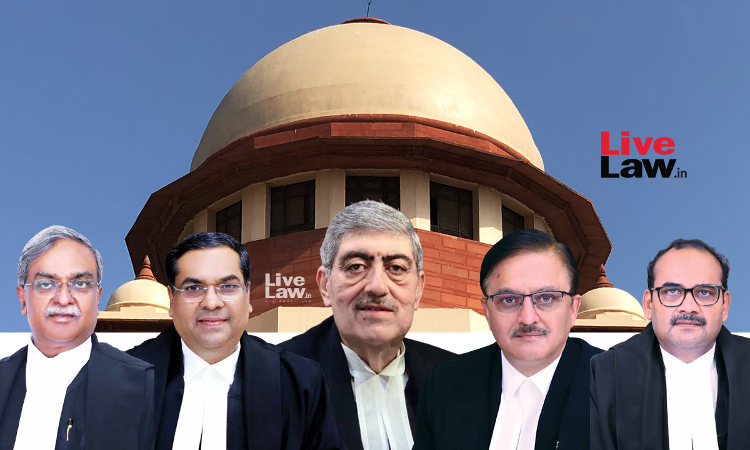A Constitution Bench of the Supreme Court, on Tuesday, stated that from 28th September, 2022 it is to commence with the hearing of the matter where its indulgence is sought to consider the extent of its powers under Article 142 of the Constitution of India, 1950, to dissolve marriage. The 5-Judge Bench headed by Justice S.K. Kaul and also comprising Justices Sanjiv Khanna, AS Oka, Vikram Nath...

